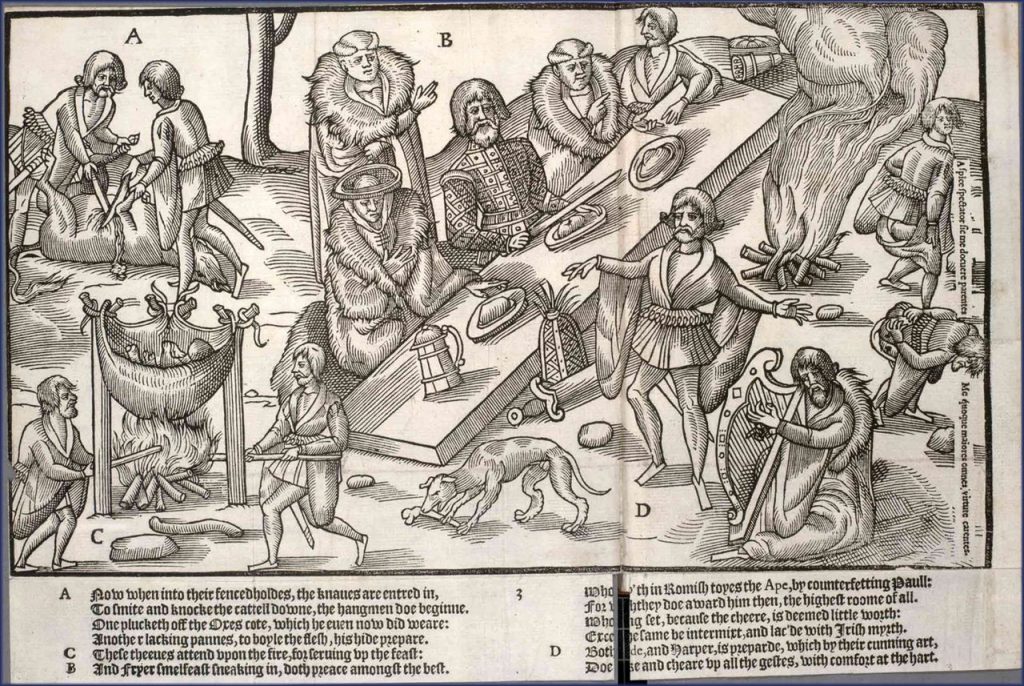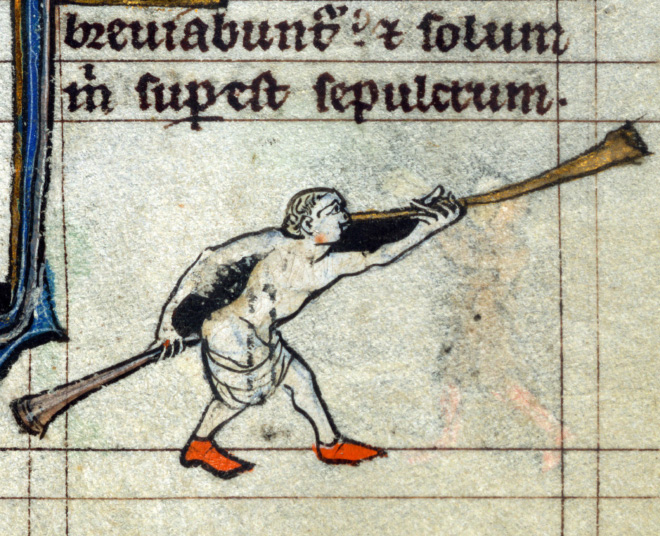Some medieval banquets weren’t just about fine food…they often featured the bizarre pastime of farting contests.
These competitions were a source of entertainment where the goal was to produce the loudest fart, believed to be a sign of strength and health.

Even nobles and monks took part, and some historical texts record these contests as serious forms of jest!
Geoffrey Chaucer, in The Canterbury Tales, used flatulence as a tool for both humour and social commentary. In The Miller’s Tale, Nicholas tricks Absolon by farting in his face after a series of pranks, turning the act into a playful revenge on Absolon’s courtly love obsession.
In The Summoner’s Tale, Chaucer mocks greed and hypocrisy through a story where a corrupt Summoner is tricked into receiving a fart as a “gift.” This crude gesture underscores the Summoner’s emptiness and serves as a biting critique of his behaviour.

Chaucer’s use of flatulence is far from mere crudeness.
It exposes the flaws and vices of his characters, from greed to pride, in a humourous yet poignant way.
Far from simply laughing at bodily functions, Chaucer shows how even the most basic aspects of human nature could serve as sharp social commentary.
I’ll use that as my excuse from now on.





